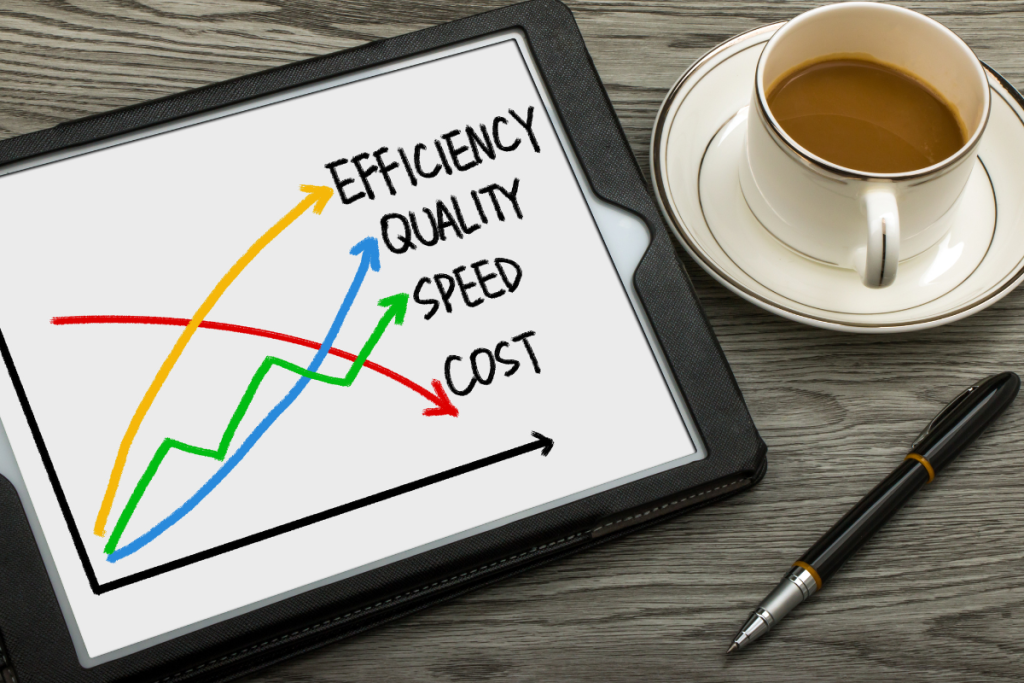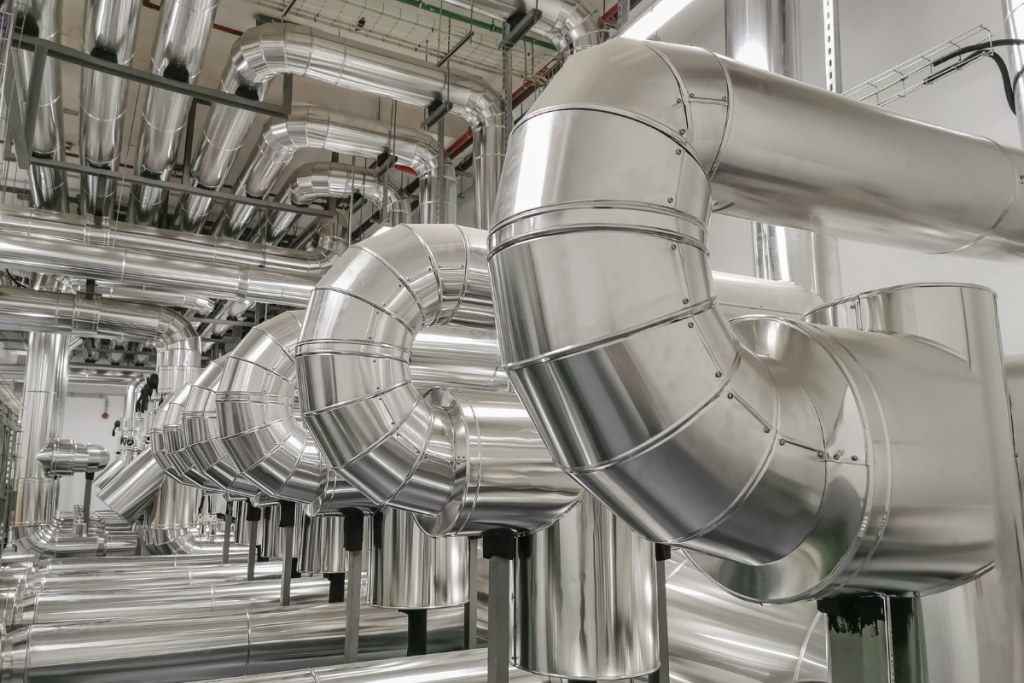Maintaining optimal indoor air quality (IAQ) is a hot topic among commercial property owners. With better education in place for building occupants and their employees, people are more aware than ever about the benefits of good IAQ, and just as aware of the risks associated when air quality is less than desired.
IAQ plays a significant role in creating a comfortable workplace, as well as maintaining productivity and reducing employee absences due to illness. If IAQ issues go unaddressed or corrected, the result can be devastating for not only employee morale, but also for the company’s bottom line.
Signs of Poor Air Quality in the Workplace
IAQ problems often start when the air is carrying too much dust, unpleasant odors, chemical contaminants, dampness, or mould. Physical characteristics of the air, such as temperature, movement, or humidity level are also related to air quality.
Usually, building occupants and their employees start noticing or complaining about the physical characteristics first: either the air’s too hot or cold, not circulating properly, or is too damp or muggy.
Read More: How to Maintain Optimal Indoor Air Quality
If the problem is not corrected, health complaints may follow. Common health issues that could be reported include headaches, sinus problems, congestion, dizziness, nausea, fatigue, and irritation of the eyes, nose or throat. In many cases, people will assume they have a case of the flu or a cold, and may not directly attribute these symptoms to workplace IAQ unless something significant, such as an unusual odour, has also presented itself in the air.
Other complaints might be a result of allergic reaction to such common indoor allergens as dust mites or mould spores, or the installation of new furnishings, uncontrolled air moisture, and poor air circulation. Any of these factors can result in sneezing, swollen airways, or asthma-like attacks.
Although the causes may vary, the effects usually add up to the same things: a drop in morale, an increase in absences, and a general feeling of malaise in the workplace.
All of this can be avoided by professionally installing equipment that will filter contaminants out of the air and keep your building occupants active, motivated, and productive.
Get Better Indoor Air Quality
The fastest way to improve IAQ is to control or remove the source of the contaminants, such as isolating dust that results from construction work or refuse that has piled up.
Modifying or upgrading your ventilation system can also be an effective, long-term solution to air quality issues. This can include installing additional heating, cooling, and ventilation equipment that will allow you to better control access to outdoor air, reducing IAQ complaints and health issues.
For example, you can get better air quality very quickly by installing innovative products such as:
Air sensors: Sensors installed in the space monitor the CO2 level and provide ventilation only when required. CO2 demand ventilation sensors also modulate the volume exchange of fresh or outside air into an enclosed space, and can be automatically set or manually controlled by qualified occupants.
Pleated Filters: Pleated air filters provide a high level of protection against dirt and airborne bacteria, especially when compared to fiberglass filters. Manufactured from a wire backed synthetic media, pleated filters are available in many different efficiency levels, ranging from 20% to 85%.
At first, upgrading your HVAC equipment might sound cost prohibitive, but if run and maintained properly the new system can pay for itself in employee productivity, as well as the reduced operating costs that come with new and efficient technology.
Read More: Why Adopt an Energy Efficient HVAC System?
Poor Air Quality Prevention
Get ahead of poor air quality and improve occupant comfort by following the below tips that can help prevent poor air quality before it becomes an issue:
- Keep ventilation systems in top working order at all times, and use in accordance with guidelines set by your local jurisdiction or government body
- Carry out regular maintenance and cleaning of all mechanical and industrial equipment
- Move significant emission sources, such as servers, large copy machines, and other equipment away from regularly occupied spaces and air intakes
- Properly identify and control all sources of possible biological or chemical contamination
- Protect your occupants from airborne pollutants that result from construction, maintenance, or operations activities
- Regularly maintain and clean occupied spaces
- Encourage good housekeeping among tenants and occupants
Also, be sure to invite your tenants or staff to document and report if they are experiencing questionable air quality. Changes that benefit everyone involved can start with a simple conversation.
If you have concerns about your company’s air quality, we may be able to help. Contact me anytime.
Gregg Little is Co-owner of Springbank Mechanical Systems. He can be reached at 905-569-8990 or gregg@springbank.com.





